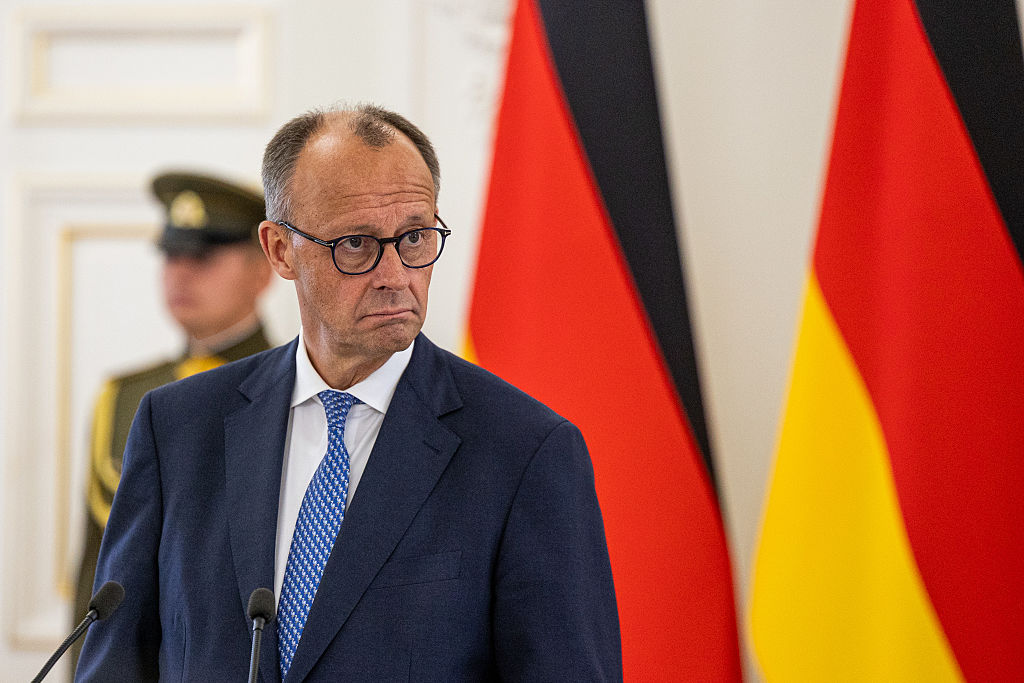France’s Senate rejected a draft law to make the ultra-rich pay at least a 2 per cent tax on their fortunes, as the government sought to cut an alarming deficit.
By suggesting the threshold, rejected on June 12, the bill’s backers had sought to put limits on any fiscal optimisation or avoidance strategies the wealthy employ to minimise their tax bills.
France’s budget deficit will be 5.4 per cent in 2025, in line with the Bank of France’s target, even though the bank had lowered the growth outlook for this year and the two following years, its chief François Villeroy de Galhau told France Info on June 12, according to Reuters.
The ultra-wealthy levy – the “Zucman tax” – was named after French economist and director of the European Union Tax Observatory Gabriel Zucman.
The tax, he said, could raise around €20 billion a year by targeting 1,800 households.
“This measure is extremely targeted at extremely rich people and especially at those among those extremely rich people who pay very little tax today,” he said.
The bill, opposed by Prime Minister François Bayrou’s government, was rejected by a large majority in the upper house, which is dominated by the centre-right, AFP reported.
Only 129 senators voted in favour of the measure, with 188 voting against.
The proposed system would be “harmful to investors and to our financial resources”, finance minister Éric Lombard had argued in the Senate on June 11.
Lombard’s comments came on the same day a French court sentenced a top antiques expert to jail for duping the Palace of Versailles and other wealthy collectors into buying furniture he had helped build, claiming it dated from the 18th century.
The ruling from the court in Pontoise, north of Paris, capped one of the biggest forgery scandals to rock the rarified world of France’s top museums.
Bill Pallot, along with five other people as well as a prominent gallery, stood trial in the spring.
He and woodcarver Bruno Desnoues were convicted of having produced and authenticated chairs they sold, which they passed off as historic pieces that once adorned the rooms of the likes of Madame du Barry, the mistress of Louis XV and of Queen Marie-Antoinette.
Customers duped by the pieces included the Palace of Versailles and wealthy collectors among whom was a member of the Qatari royal family.
Pallot was sentenced to a four-year term including four months behind bars, fined €200,000 and handed a five-year ban on working as an expert.
“We thought we’d do it for fun, to see if the art market would notice or not,” Pallot told the court.
“It went without a hitch,” he added.
Desnoues, a prominent woodcarver, was sentenced to a three-year term including four months behind bars and fined €100,000 euros.
Regarding the rejected tax-hike proposal, in April, the French Government had announced plans to save €40 billion for its 2026 budget.
The levy could be a “fiscal illusion” when it came to the amount of savings Zucman expected, Villeroy de Galhau, told France Info.
According to centre-right Senator Emmanuel Capus, the tax was also “totally confiscatory and violates taxation equality”.





